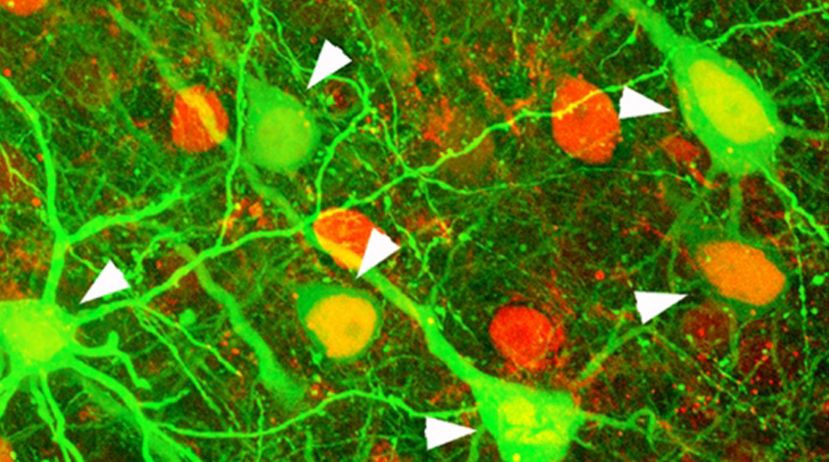Carnegie Mellon University is embarking on a five-year, $12 million research effort to reverse-engineer the brain and “make computers think more like humans,” funded by the U.S. Intelligence Advanced Research Projects Activity (IARPA). The research is led by Tai Sing Lee, a professor in the Computer Science Department and the Center for the Neural Basis of Cognition (CNBC).
The research effort, through IARPA’s Machine Intelligence from Cortical Networks (MICrONS) research program, is part of the U.S. BRAIN Initiative to revolutionize the understanding of the human brain.
A “Human Genome Project” for the brain’s visual system
“MICrONS is similar in design and scope to the Human Genome Project, which first sequenced and mapped all human genes,” Lee said. “Its impact will likely be long-lasting and promises to be a game changer in neuroscience and artificial intelligence.”
